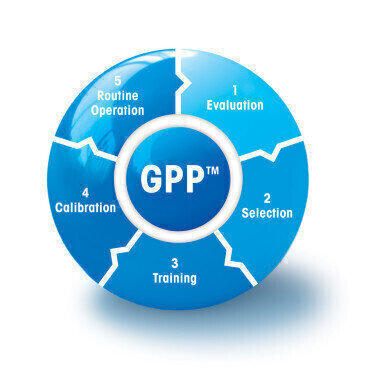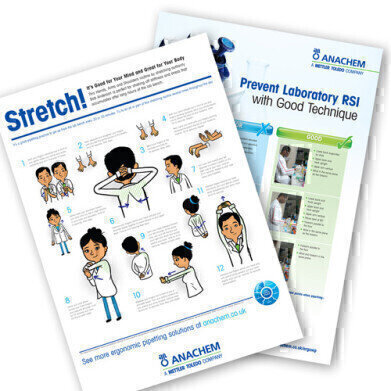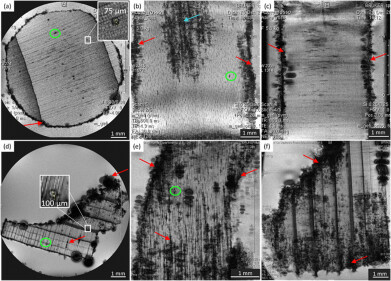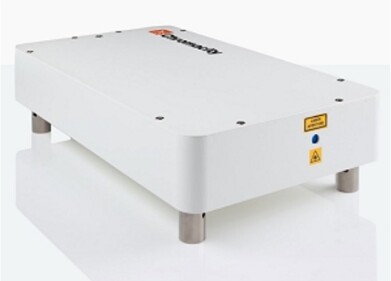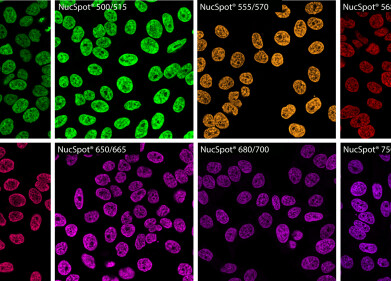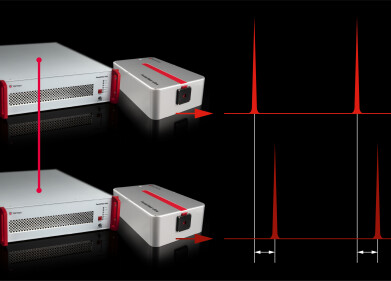Microscopy & Microtechniques
Knowledge is the Key to Preventing Repetitive Strain Injuries
Oct 02 2013
If you have ever been plagued by a variety of aches and pains or by tingling, numbness or burning sensations in your hands or forearms, it is possible you could be a victim of one of the modern world’s fastest growing occupational illnesses. Poor techniques and inappropriate equipment when pipetting and using microscopes are a main culprit of laboratory Repetitive Strain Injuries (RSI).
Left untreated, RSI can become crippling. However, experts tell us that the chances of developing these disorders can be reduced or eliminated by relatively small adjustments. These include proper working techniques, using equipment specifically designed for the task at hand and heeding the principles of ergonomics - the science devoted to making work compatible with human capabilities and limitations.
The primary concern of most scientists is hand injuries resulting from pipetting. However, simple cases of tendonitis or even fatigue can reduce pipetting accuracy and precision. Scientists who rely on a precision liquid handling instrument for their research cannot tolerate user dependent errors caused by hand fatigue. Did you know that pipetting for just over an hour a day over the course of a year is enough to put you at risk of developing an RSI? And that these risks tend to increase with workload and age.
To help you understand and reduce your risk of developing a RSI related injury, Anachem's Good Pipetting Practice Programme™ offers a range of seminars, educational materials and posters for your lab. The GPP™ Ergonomics Training Seminar covers all aspects of pipetting ergonomics and includes demonstrations of different pipetting techniques and explanations as to why you should use these different techniques depending on your sample type. Plus showing you how to ensure you are obtaining the best accuracy and precision in your work.
The Stretch! Poster shows you an easy and quick routine for stretching your hands, arms and shoulders as it has been shown that a simple way to help reduce the repetition of pipetting is to take frequent breaks every 20 or 30 minutes to stretch your limbs. Anachem's Good Pipetting Posture Poster highlights the right and wrong ways to sit or stand when pipetting. By combining these two posters you'll soon be shaking off the stiffness and stresses that accumulate after long hours at the lab bench.
To find out more about Pipetting Ergonomics and to book your GPP Seminar Programme or Request your Free Stretch & Posture Posters contact us on 01582 455135 or email.
Digital Edition
Lab Asia 31.6 Dec 2024
December 2024
Chromatography Articles - Sustainable chromatography: Embracing software for greener methods Mass Spectrometry & Spectroscopy Articles - Solving industry challenges for phosphorus containi...
View all digital editions
Events
Jan 22 2025 Tokyo, Japan
Jan 22 2025 Birmingham, UK
Jan 25 2025 San Diego, CA, USA
Jan 27 2025 Dubai, UAE
Jan 29 2025 Tokyo, Japan
